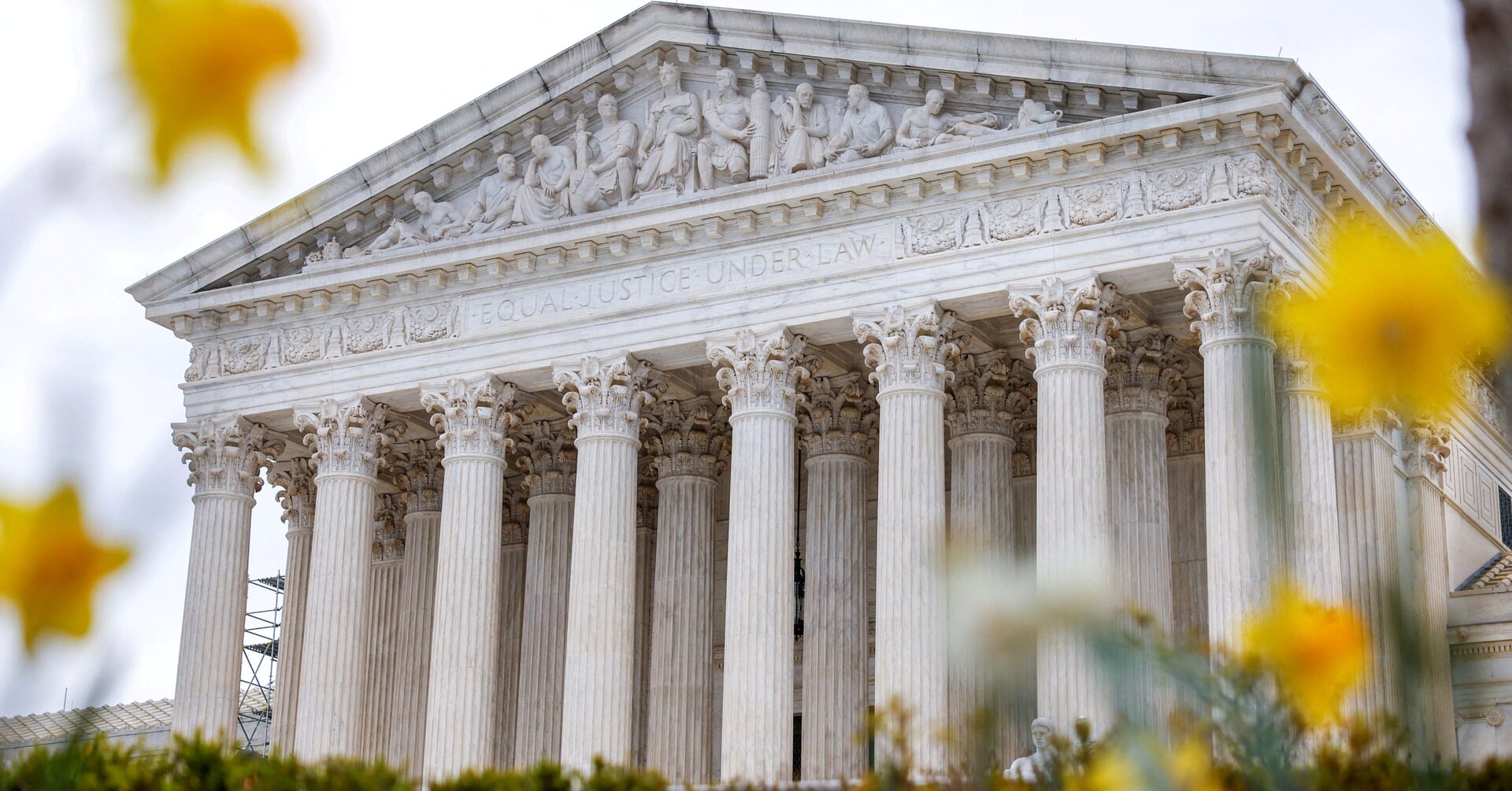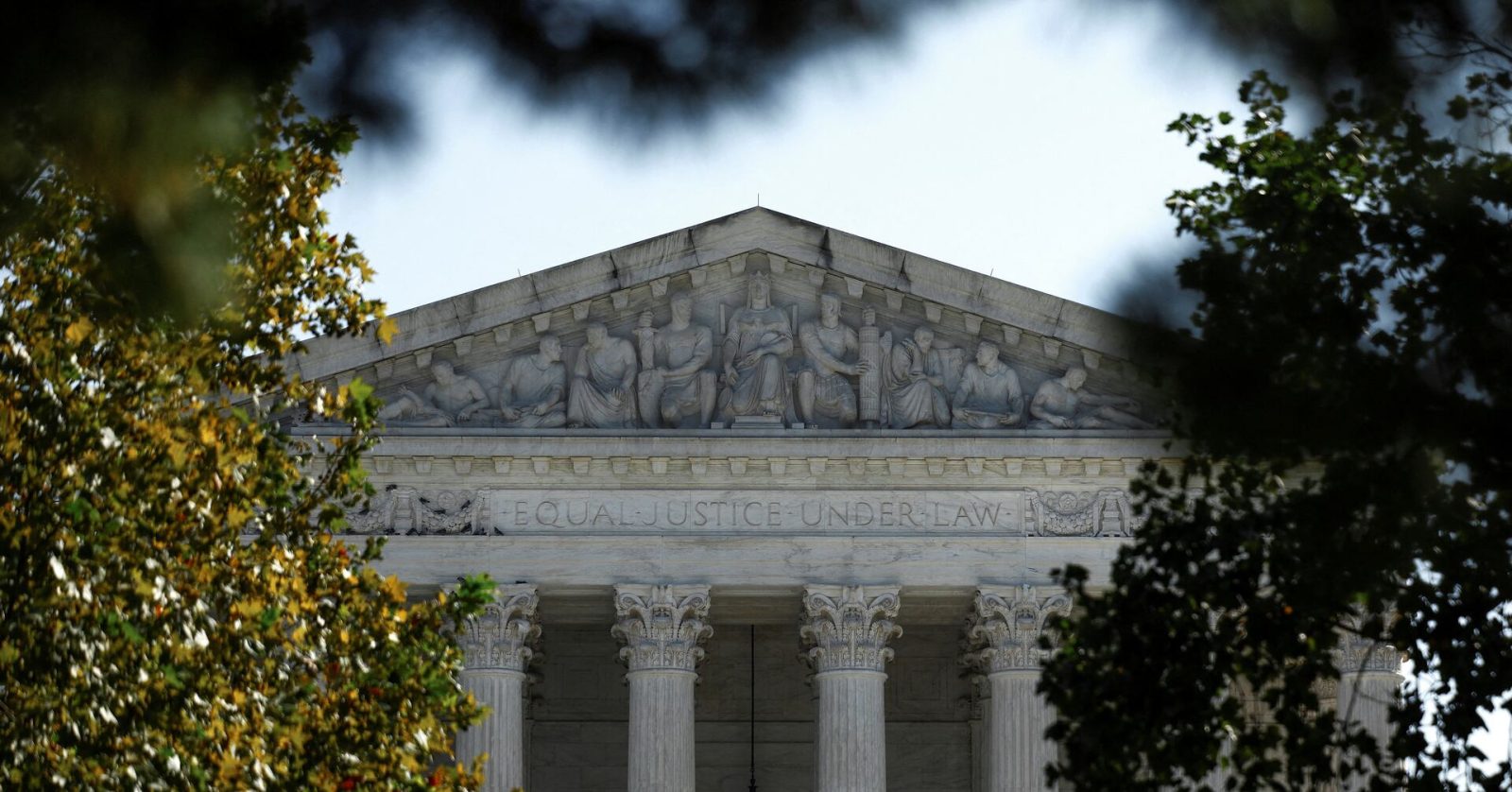In a significant legal development, the U.S. Supreme Court has been petitioned to reconsider the staggering $667 million in legal fees and costs awarded to plaintiffs’ lawyers in a high-profile class-action settlement with Blue Cross Blue Shield. The settlement, totaling $2.7 billion, stemmed from allegations of nationwide insurance overcharges by the healthcare giant.
The challenge, brought forth by a member of the plaintiff class, contests the exorbitant fee amount sanctioned by the lower courts. Specifically, the petitioner argues that the fee exceeds what is deemed reasonable, raising concerns about the methodology employed in determining the attorney compensation.
Courts Tasked With Resolving Dispute Over Fees in Landmark Health Care Case

At the heart of the dispute lies the calculation method for legal fees, with the petitioner advocating for the use of the “lodestar” approach.
This method entails multiplying the number of hours worked by the prevailing hourly rate. In contrast, the awarded fee was based on a “percentage of the fund” calculation, constituting 23.47% of the settlement amount.
The petition underscores a broader issue regarding fee scrutiny in common-fund cases, emphasizing the need for greater judicial oversight.
It contends that federal courts have not rigorously evaluated fee applications in such cases, highlighting a lack of consistency and transparency in fee determinations.

Furthermore, the challenge to the fee award is intertwined with another pending case before the Supreme Court concerning the terms of the Blue Cross settlement.
Home Depot has also filed a challenge, expressing concerns over the sweeping nature of the settlement terms and their potential implications for future litigation against Blue Cross Blue Shield.

The outcome of these legal challenges carries significant implications for both parties involved and sets a precedent for fee assessment in similar class-action settlements.
As the Supreme Court weighs these complex issues, stakeholders await a resolution that balances fairness and accountability in the legal system.
The case, captioned David G. Behenna v. Blue Cross Blue Shield Association et al, underscores the evolving scenario of class-action litigation and the critical role of judicial review in safeguarding the integrity of legal proceedings.







Leave a Reply